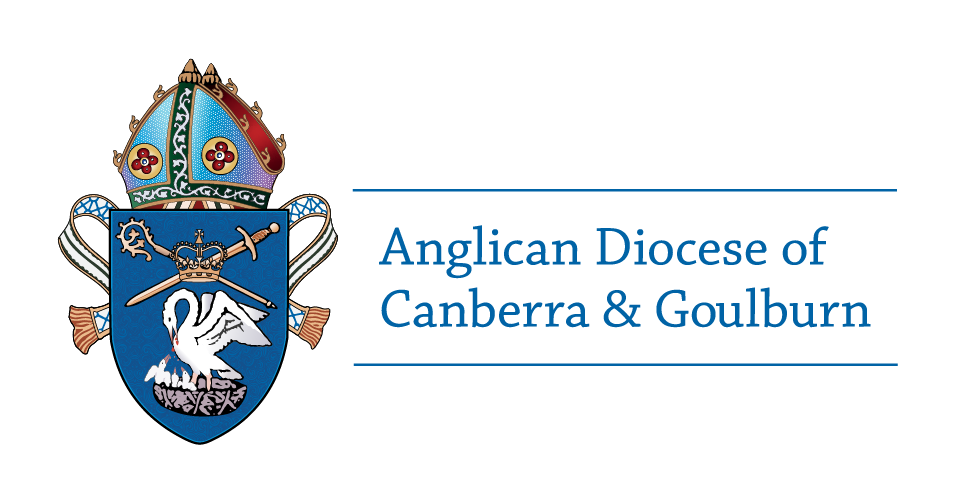For you know the grace of our Lord Jesus Christ that though he was rich yet for your sake he became poor, so that you through his poverty might become rich. (2 Corinthians 8:9)
They used to call them financial advisers or even simply bank officers; now they are wealth managers. Having adequate money is so yesterday. We want to have wealth. We think of ourselves managing our resources to become first, rich, and then even richer. There are no votes for the party that promises that under its leadership citizens will become poorer!
Yet that is exactly what Jesus did! His milieu was opulence, glory, splendour and supreme power over everything that exists. The whole universe was under his thumb, yet he chose to make himself nothing and become the lackey of humanity.
Cosy stable, bright stars, translucent angels, sages in cloth of gold: these are the sentimental distortions depicted on our Christmas cards. The reality was a kid born out of town to an underage mother from a working class family in a minor province of the great Roman Empire. They had no wealth and no prospects. They had no social connections and there were some unsavoury rumours about his mother’s morals. The father was a decent man and he looked after his family the best he could. But he had no power to arrange a decent birthplace, nor to get his son a good schooling – just the local synagogue school with the local nobodies, and no special excursions to exciting places like the great cosmopolitan city of Rome.
Jesus grew up as ‘just a Nazarene’. His preaching ministry was not like that of a star TV evangelist with thousands of enthusiastic followers – just a few nonentities from a rural backwater. He drew the ire of all the important people locally and, in the end, nationally. Then he was unjustly accused of treason and heresy, shouted down maliciously and executed in a dirty, degrading manner, to be buried hastily in a grave he couldn’t afford.
Yet, as we know, it is through this impoverishment that Jesus, the Christmas child, identifies with humans and pulls them up to God through the power of his resurrection.
Through his poverty we might become rich. But is that the sort of richness that motivates us to action? Do we wonder at God’s grace which offers us unimaginable spiritual riches,as the unearned gift of an impoverished Saviour, and do we eagerly follow Jesus’ advice to store up treasures in heaven? Or are we focused on the ever-present human advice to guarantee wealth that is immediate, attractive and tangible, but which is so easily destroyed and so very impermanent?
Christmas is an opportunity to review what we really value. It would be very sad indeed if Jesus evaluates us either individually or in our church communities in the terms he reluctantly used of the first century Laodiceans: You say, ‘I am rich; I have acquired wealth and do not need a thing.’ But you do not realise that you are wretched, pitiful, poor, blind and naked. I counsel you to buy from me gold refined in the fire so that you can become rich.
I pray that in your personal reflections, your family activities and your church celebrations you will be overwhelmed with gratitude for the gold Jesus has refined for his people through living a human life and dying to give us spiritual riches. I hope you will brush aside the wealth of this present age which is so pitiful by comparison, saying with Paul, I count everything a loss compared to the surpassing greatness of knowing Christ Jesus my Lord. (Philippians 3:8)
May He be the centre of your Christmas!
+Trevor Edwards


